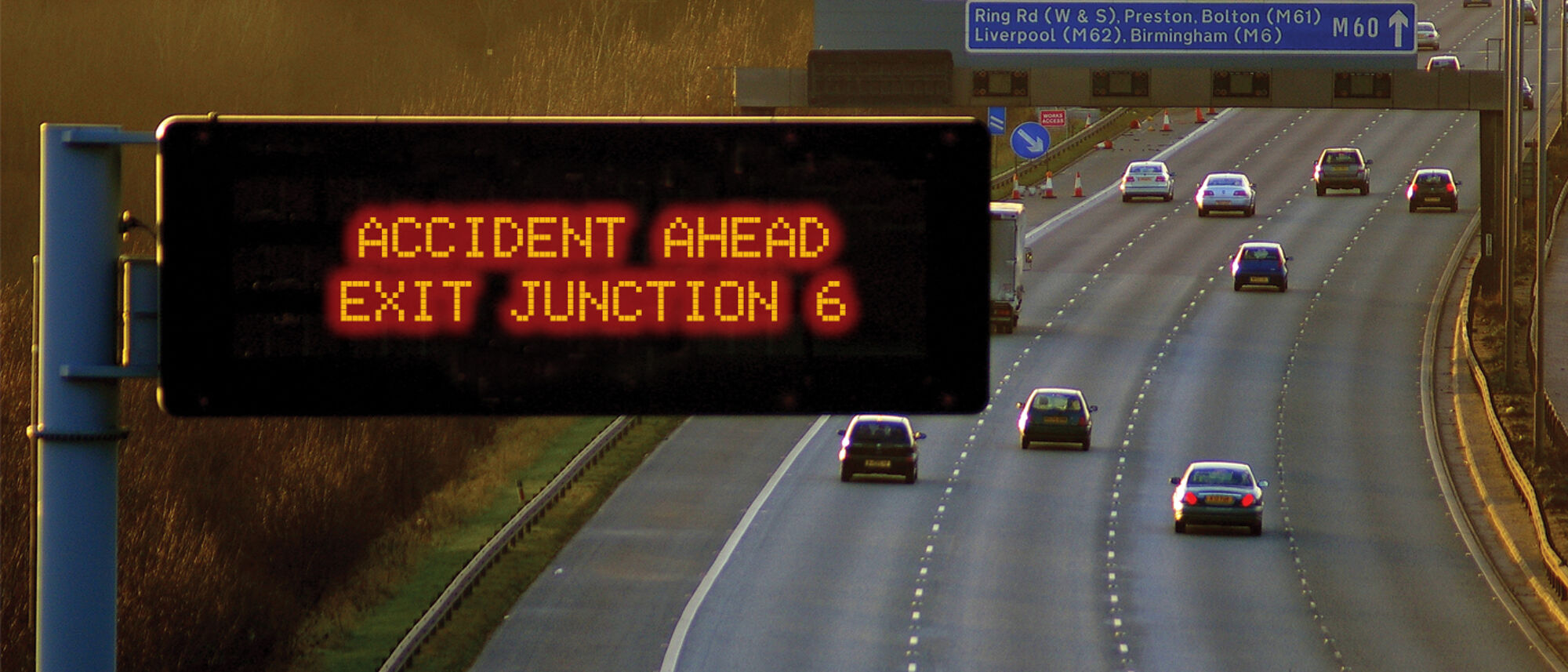
Using digital twins to decarbonise UK transport
A new national hub focused on rapidly decarbonising transport in the UK, including road, rail, air and maritime, has been launched.
The TransiT Hub, a collaboration of eight universities and 67 partners jointly led by the University of Glasgow and Heriot-Watt University, will identify the lowest-cost, least risky and most energy-efficient way to decarbonise transport by developing a digital twinning approach.
Digital twins are digital replicas of the physical world. They are created using data collected by sensors connected to real-world infrastructure – for example, motorway, railway, shipping or flight monitoring systems. The digital twin rapidly analyses the real-world data to test and improve different scenarios and then sends back its solution for an improved process to the physical world. This exchange happens almost instantly. An example would be a digital twin automatically updating digital road signs with information on the shortest route out of a traffic jam, based on real-time traffic data in that location.
The TransiT team expect their testing to include elements of a future decarbonised UK transport system that don’t yet exist – for example, electric road systems and alternative fuels.
The digital twin can help experts in the physical world understand where and how best to deploy these future systems by analysing a range of data. This could include information on what transport services communities and industry are forecast to need and where they can be simulated and tested in the virtual world in advance of real-world deployment.
Digital twinning allows different transport configurations to be tested and developed much faster than real-world engineering projects, until the lowest-cost pathway to net-zero carbon emissions is identified.
Data used to build the digital twins will include transport operations data from TransiT’s industry partners such as number and type of vehicles, fuel types, load sizes, length and frequency of routes and links to other transport modes, such as ports and road networks. Transport users will also contribute to citizen research to help scientists model human travel behaviour and travel choices.
David Flynn is a Professor in Cyber Physical Systems at Glasgow and joint director of TransiT. “We will explore how digital twinning can improve the design of future transport solutions, to ensure services are accessible to all. It’s challenging for designers and engineers today to appreciate the perspective of citizens with mobility challenges and what they experience throughout the full journey. If we can create and embed new design principles, we can identify equitable pathways to decarbonisation.”
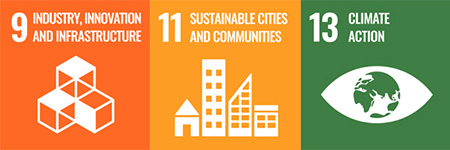
This article was first published October 2024.
At Glasgow, we're taking sustainability seriously. We are ranked 12th in the world in the Times Higher Education Impact Rankings and 20th in the world in the QS Sustainability University Rankings 2024.
The United Nations' Sustainable Development Goals (SDGs) address economic, social and environmental sustainability. We recognise the opportunity we have to make an impact on the most pressing global challenges and we are committed to working towards the SDGs and integrating them in our work.
A sustainable approach to aquaculture
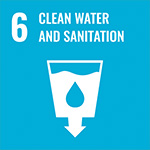
Researchers from the University’s School of Biodiversity, One Health & Veterinary Medicine have been awarded £3 million across four new projects with a focus on sustainable aquaculture – the farming and harvesting of fish, shellfish and aquatic plants. The first project will focus on plankton-based drivers of gill disease in farmed Atlantic salmon.
Another project, which will be carried out in collaboration with nine seaweed farms in the UK, Norway and Sweden, will focus on finding solutions to predict biofouling, the process whereby seaweed is contaminated with other unwanted organisms, affecting crop yield. In the other two projects, researchers will work with a range of collaborators on new salmon farming research. Martin Llewellyn is Professor of Molecular Ecology at UofG. “It is wonderful to see the University of Glasgow working more in the aquaculture space – we have much to offer. Aquaculture represents the future of food from the sea and pushing for a more sustainable footing is vital.”
Supporting sustainable living
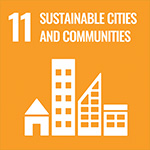
Professor of Planning & Urban Design James White and his colleagues in the UK Collaborative Centre for Housing Evidence have received funding to investigate how cities can be planned and ‘retrofitted’ for net-zero living. The team will investigate urban retrofit successes and challenges, including barriers to scaling up, and produce a framework mapping the critical points of intervention required to close the implementation gap between national policy and local delivery. This will form the basis of a toolkit for planning authorities, property developers and communities.
“The aim of this exciting research project is to dig deep into the challenges that planners and other city stakeholders face on the journey to net-zero,” says Professor White. “It offers a fantastic opportunity to work collaboratively with community, industry and public-sector partners to highlight the ways in which places can be successfully adapted to support sustainable living.”
Adapting to climate change
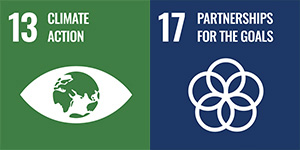
The University has been chosen to lead the Scottish spoke of a new £5 million hub which aims to prepare better for the projected effects of climate change. The Maximising UK Adaptation to Climate Change (MACC) hub, led by King’s College London, will address current barriers around public awareness, policy, legislation and climate data that might be hindering the UK’s ability to adapt to climate change.
Professor Jaime Toney, Director of the Centre for Sustainable Solutions, will lead the University’s contribution to MACC: “At the Centre for Sustainable Solutions, we are helping the city of Glasgow adapt to the challenges of climate change through the £10.5 million Glasgow as a Living Lab Accelerating Novel Transformation (GALLANT) research programme. The whole-system approach to urban environmental and wellbeing challenges we’re developing in GALLANT will help inform our contributions to the MACC hub and exchange learning across all four nations in the UK.”

